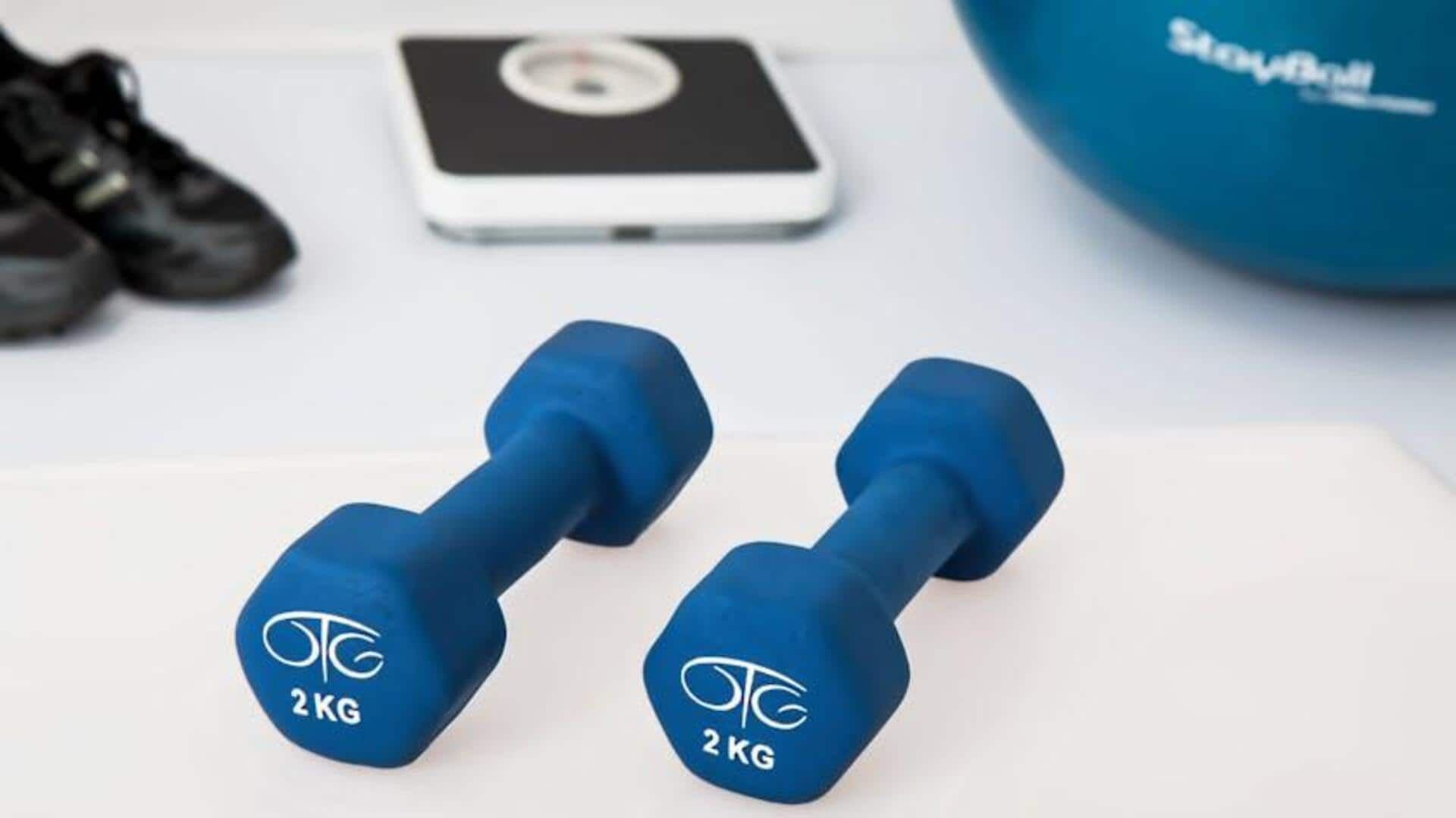
5 exercise myths you should stop believing
What's the story
Exercise is an essential part of a healthy lifestyle, but there are many myths surrounding it. These misconceptions can be detrimental to your progress and may even leave you frustrated. By debunking common exercise myths, you can make informed choices about your fitness regimen and improve your health. Here, we look at some common exercise myths and give you insights to traverse your health journey better.
Quantity vs Quality
Myth: More exercise equals better results
We often believe that more exercise means better results. But more often than not, quality wins over quantity when it comes to workouts. Overtraining can cause injuries and burnout, while focused, well-structured sessions can give you significant benefits. It's important to strike a balance between intensity and rest and recovery for the best performance.
Targeted fat loss
Myth: Spot reduction works
Many also believe that exercising particular body parts will reduce fat in those areas. In reality, spot reduction is a myth. The body loses fat overall rather than from targeted spots. A combination of cardiovascular exercises, strength training, and a balanced diet is more effective for reducing body fat.
Strength training importance
Myth: Cardio is enough for weight loss
While cardio exercises are great for burning calories, doing only cardio may not be enough for weight loss or improving fitness. Strength training builds muscle mass, which revs up metabolism and helps burn calories even when you're resting. Including both cardio and strength training in your routine provides holistic benefits.
Understanding discomfort vs pain
Myth: No pain, no gain
The phrase "no pain, no gain" implies that intense discomfort is essential for progress. But, it's important to differentiate between discomfort due to exertion and actual pain due to injury. Working through pain can cause injuries that put your fitness goals on the back burner. Paying attention to your body helps you progress safely in your exercise regimen.
Natural nutrition sufficiency
Myth: You need supplements for muscle growth
The supplement industry also frequently promotes the idea that supplements are essential for muscle growth or improved performance. In reality, most people can fulfill their nutritional requirements through a balanced diet loaded with proteins, carbohydrates, fats, vitamins, and minerals, without the need for supplements unless directed by healthcare professionals.